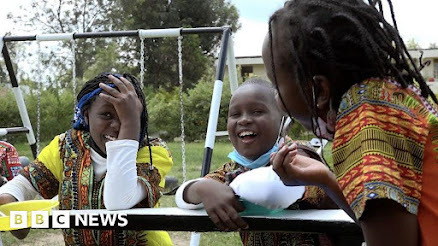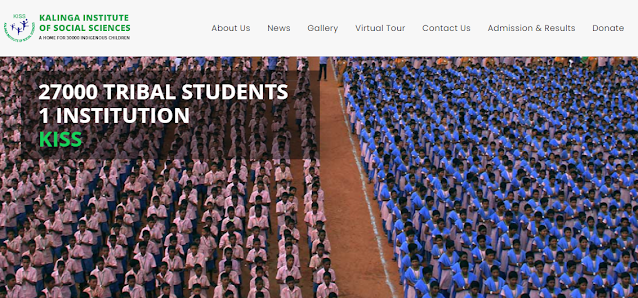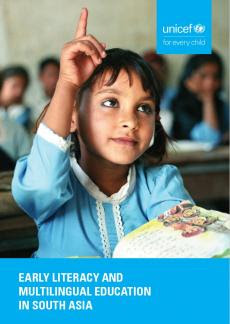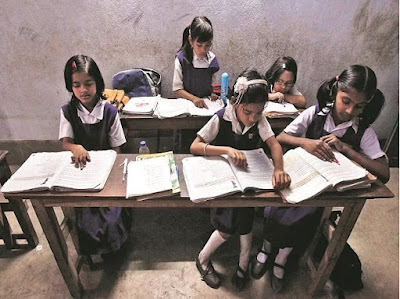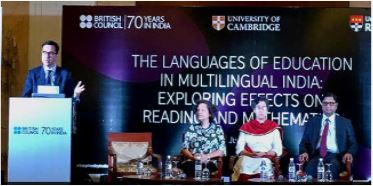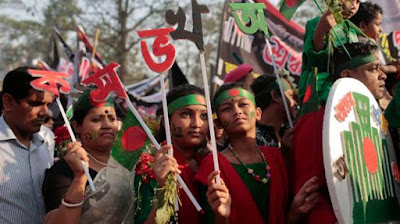India’s first ever Language Mapping of Schools Survey!
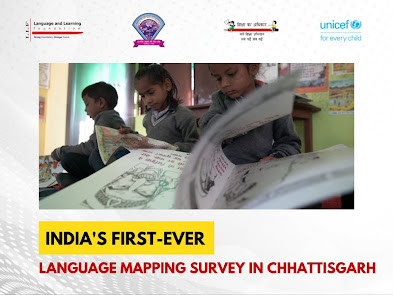
The Language and Learning Foundation has conducted India's first-ever language mapping of schools survey in Chhattisgarh: Language Mapping of Schools in Chhattisgarh . The survey was carried out under the NIPUN Bharat initiative in collaboration with the Government of Chhattisgarh and UNICEF India. The report maps the different language situations that are present in each school with the aim to design an effective education strategy and policy. Through this research almost 30,000 schools were surveyed. The focus was on the first grade and the information gathered was mainly through the teachers. The following conclusion was stated in the summary of the report: The survey shows that in about 75% of the schools students are likely to face moderate to severe learning disadvantage due to the difference between their home language and the school language used as the medium of instruction. It also shows that about 95% of students at the time of entry to the primary schools speak a h
